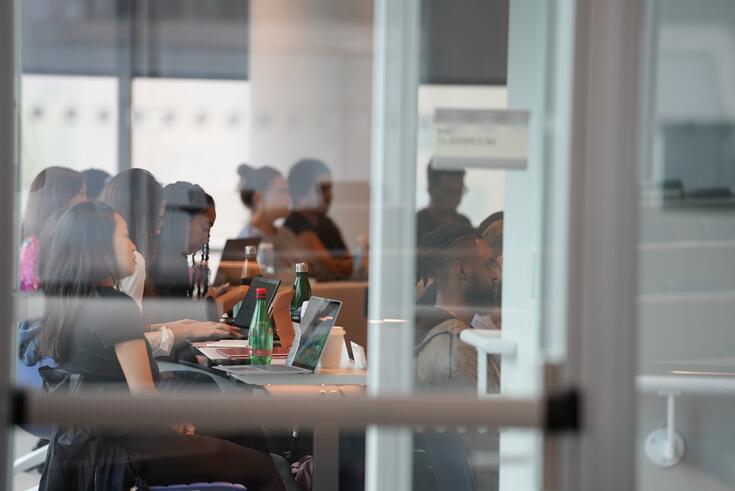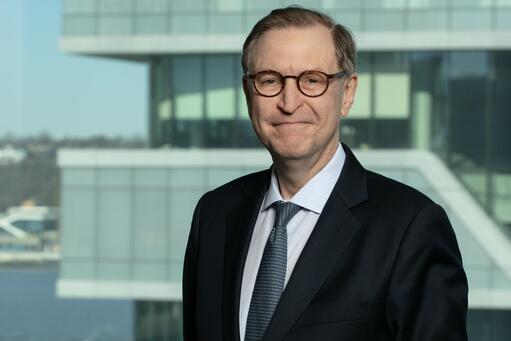Experts Are Worried That Our Groceries Are Being Affected by 'Heatflation' — Here's What That Means
Mentioned Faculty (1)

Gernot Wagner
* It's pronounced like "juggernaut" without the "jug."
Gernot Wagner is a climate economist at Columbia Business School. His research, writing, and teaching focus on climate risks and climate policy.






